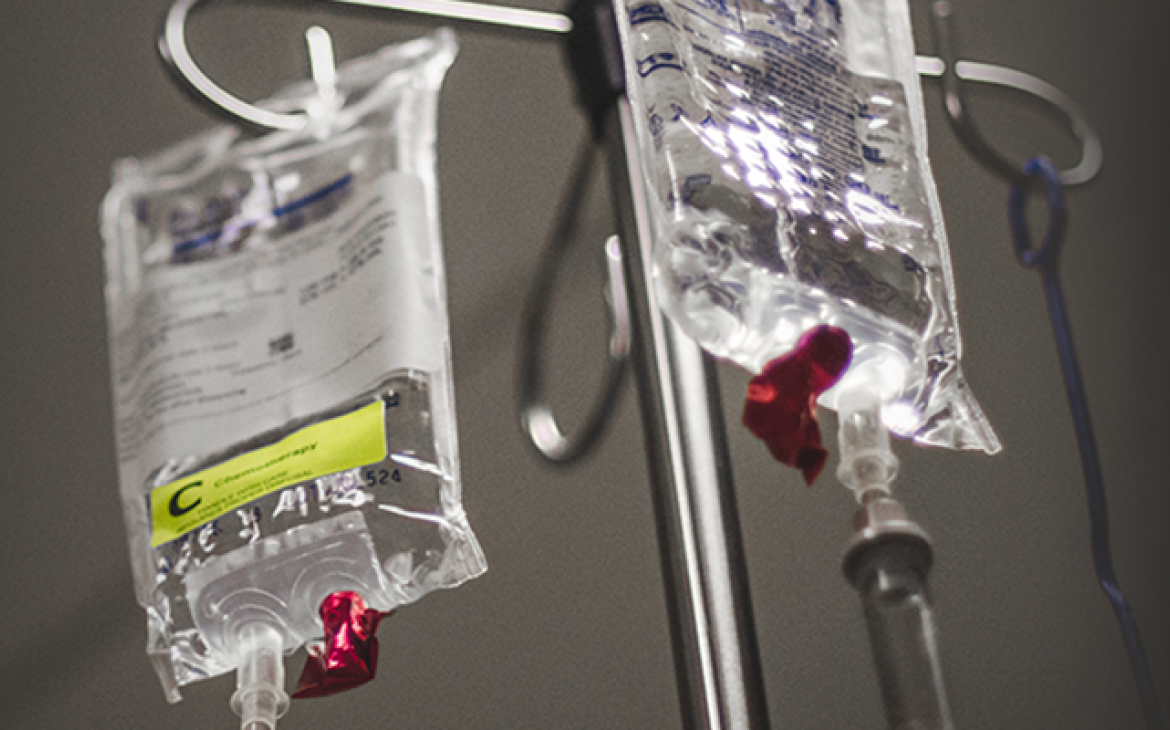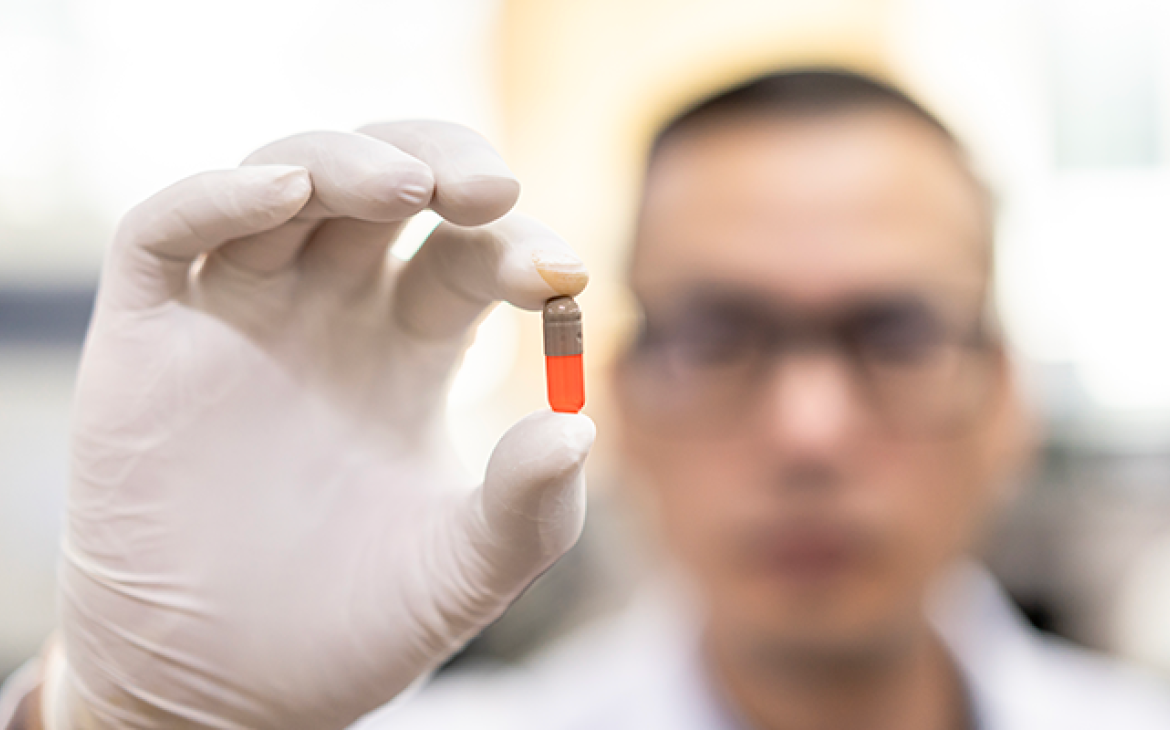
Today, policymakers on Capitol Hill and other stakeholders are keenly focused on addressing vulnerabilities in the medicines supply chain that were made even more obvious during the COVID-19 pandemic. To help strengthen the medicines supply chain and guard against potential shortages that can impact patient care, there is growing consensus that more quality medicines need to be made in more places. To make it happen, we need to do more than just support and enable biomedical innovation and traditional manufacturing infrastructure. We need to reduce the barriers to adoption of advanced manufacturing technology (AMT) like pharmaceutical continuous manufacturing (PCM).
At the U.S. Pharmacopeia (USP), we play a role in just about every stage of the medicines supply chain through our work as a convenor of diverse stakeholders to create scientific standards and tools that support access to trusted, quality-assured medicines. A key part of our mission is to work in collaboration with our expert volunteers and others to help strengthen the global medicines supply chain, including by reducing barriers to adoption of AMT.
Opportunities & challenges
PCM is one of the most promising manufacturing technology advancements because it enables continuous use of a production line that can yield significantly more product output. Alongside traditional batch manufacturing, which will stay an essential pillar of global medicine manufacturing strength, expanded PCM adoption has the potential to help increase domestic production of critical drugs and active pharmaceutical ingredients (APIs) in the U.S. and other countries to help guard against over-reliance on over-concentrated sources and the related potential for supply chain disruptions.
Unlike batch manufacturing, where finished medicines are made in intermittent steps that often take place in many different locations, PCM allows each element of the manufacturing process to take place in a single facility to help increase efficiency, lower costs, cut environmental footprints, accelerate production and scale-up in response to emergencies, and reduce dependence on foreign suppliers. The need for reduced reliance on overseas supplies was among the key take-aways from a recent USP survey of U.S. physicians that showed the vast majority (62%) believe significant reliance on other countries for medicines is among the biggest contributing factors to possible medicine shortages in the U.S. Nine out of 10 survey respondents (90%) said more medicines need to be made in the U.S.
When crises such as natural disasters, geopolitical strife including barriers to trade, and pandemics like COVID-19 arise, major interruptions in the global supply of quality medicines can have an impact on patients in America and elsewhere. PCM can help prevent that by enabling more nimble, domestic production of essential medicines and APIs while strengthening the overall supply chain.
Despite its promise, however, adoption of PCM has been measured to date – with only a handful of FDA-approved medicines employing the technology so far – largely due to economic, regulatory, and workforce capacity challenges. Needed solutions include accelerating scientific and technical knowledge, investment, and additional incentives.
Advancing solutions
To help address the challenges, FDA actions have included issuing draft guidance on PCM quality considerations. The Biden administration has proposed increased funding of PCM to help shore up the pharmaceutical supply chain. Bipartisan legislative proposals in both the House and Senate have also included provisions to expedite development and review of novel drug manufacturing approaches.
At USP, we are collaborating with stakeholders to address PCM knowledge gaps and explore where there is a need and opportunity to develop new guidelines, best practices, and quality standards. We are also working with partners to certify and validate related manufacturing processes. The results ultimately will help set expectations for quality, speed approvals, and support public trust in medicines made using PCM.
Related USP stakeholder education materials include a video, white paper, and other resources available here, expanding on the role of PCM in increasing supply chain resilience, the challenges to adoption, and policy concepts to promote implementation.
Seeing the future in 3D
Beyond PCM, there are other advanced manufacturing technologies that also offer extraordinary potential. For example, 3D printing can enable production of smaller batches of medicines with tailored dosages, shapes, sizes, and release characteristics to facilitate personalized medicine. One can even imagine a future where pharmacies are 3D printing custom medicines for their patients. USP conducts research and holds workshops on 3D printing with stakeholders to further explore state-of-the-industry quality considerations, regulatory perspectives, current guidelines, and new opportunities.
These efforts are part of USP’s broader work to address global medicines supply chain vulnerabilities, increase preparedness for future public health crises, and help expand the supply of trusted, quality-assured medicines worldwide. As COVID-19 continues to challenge us all in ways we never could have imagined, it’s clear global collaboration among all stakeholders – from governments to industry to standard-setting organizations like USP – remains essential to reducing the barriers to adoption of AMT and ensuring a focus on quality that substantively increases supply chain resilience. USP is proud to continue to do its part. Learn more about USP’s efforts to advance quality-focused solutions for a stronger supply chain.


